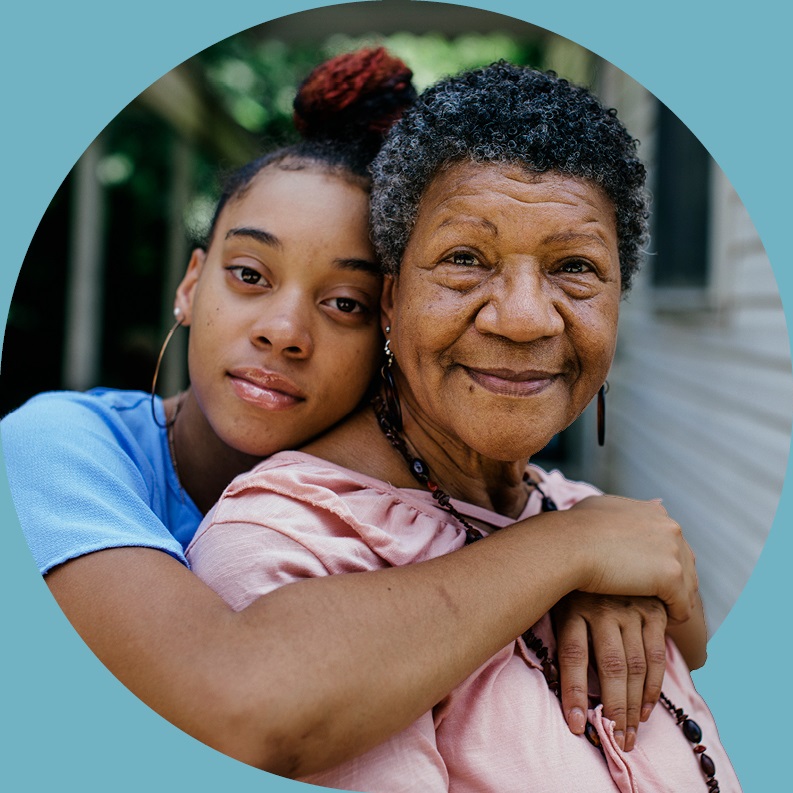
Swiping for Political Compatibility: Dating Apps in a Polarised Landscape
Published 26 June 2023
As societies become more polarised and ties to political ideologies strengthen, romantic hopefuls are adjusting their relationship desires. We explore how politics influence modern dating and how brands can respond to a politicised dating sphere.
Swiping for Political Compatibility: Dating Apps in a Polarised Landscape


Topics

Want to see the full report?
Offering access to over 350 consumer and cross-industry reports annually, Stylus Membership is your window to tomorrow’s most exciting opportunities.
We already arm more than 500 of the world’s most forward-thinking brands and agencies with the creative insights they need to make transformative business decisions.
We’d love to do the same for you.
Book a demo with us today to discover more.
More Reports From Stylus
More Reports From Stylus
10 Wellness Trends to Watch 2026
Poised to become a nearly $10tn market by 2029 (GWI, 2025), the wellness industry is touching new corners of...











